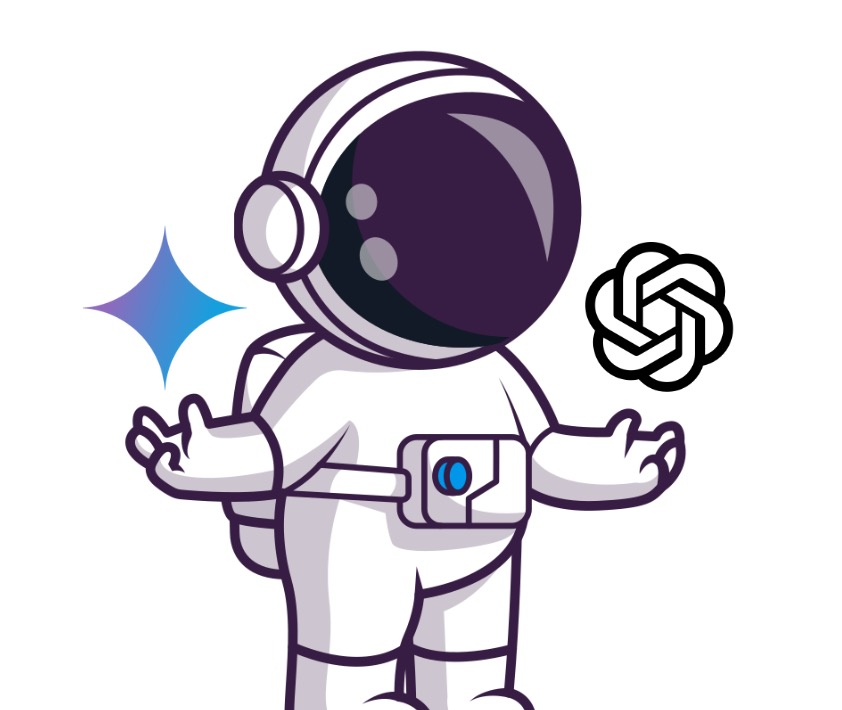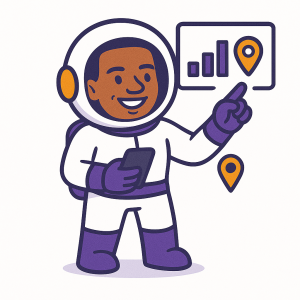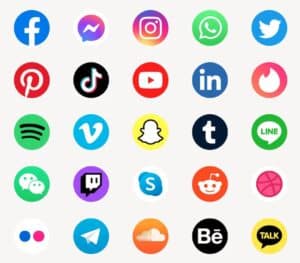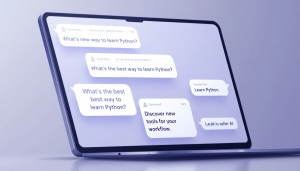A Smart Advantage for Small Brands
If you’re a small or mid-sized business, this is your moment.
Why? Because big brands are often slow to adapt. They’re limited by legal and branding policies that prevent them from mentioning competitors or being agile with content updates.
One of the easiest and most effective things smaller brands can do is create competitor-focused content. For example:
- “[Brand] Alternatives for 2025”
- “Best Tools Like [Well-Known Competitor]”
- “[Your Brand] vs [Competitor]: Which One’s Right for You?”
These pages perform well because they match real search intent and fill gaps larger brands won’t touch. We’ve used this tactic successfully across multiple industries, and it works.
Do Brand Mentions Still Matter Without Links?
Yes. AI tools don’t rely on traditional link authority the way Google does.
Even if your brand is mentioned without a hyperlink, that mention can still be picked up and cited by an LLM like ChatGPT. Of course, backlinks are still important for building domain authority and helping your content get discovered by classic search crawlers.
But in the AI world, relevance and frequency of mentions are just as important.
Here’s how we build those brand mentions:
- Outreach to bloggers and content creators
- Guest contributions to high-authority sites
- Social media visibility through experts and influencers
- Getting quoted in relevant articles and industry reports
Think Bigger: Build a Brand That Deserves Mentioning
Everything we’ve talked about leads to this.
If people don’t talk about your brand naturally, AI tools probably won’t either.
The ultimate goal is to become the default mention in your niche, the “obvious choice” that shows up in every answer, every list, and every conversation.
That’s why we don’t just focus on tactics. We focus on brand value:
- Do you answer real customer questions?
- Do you provide insights nobody else does?
- Do you create content people want to share?
This is what leads to sustained AI visibility, and trust.
“If people don’t recommend you, AI models won’t either.”
Final Thoughts
We’re at a turning point in digital marketing. Search is no longer just about Google rankings. It’s about being where your customers are looking for answers, and increasingly, that means AI platforms.
At Rank Me Higher, we’ve already adapted our SEO and content strategies to match this shift. We’re helping clients show up in ChatGPT, Perplexity, and Google’s AI-generated responses, and we’re seeing results.
If you want your brand to stay visible as search evolves, here’s what we recommend:
- Optimise your content to be the best possible answer
- Track where your brand appears in AI responses
- Focus on brand mentions, both linked and unlinked
- Invest in content that’s worth citing, again and again
Ready to increase your visibility in AI search? Let us help you get found in the places that matter most.











